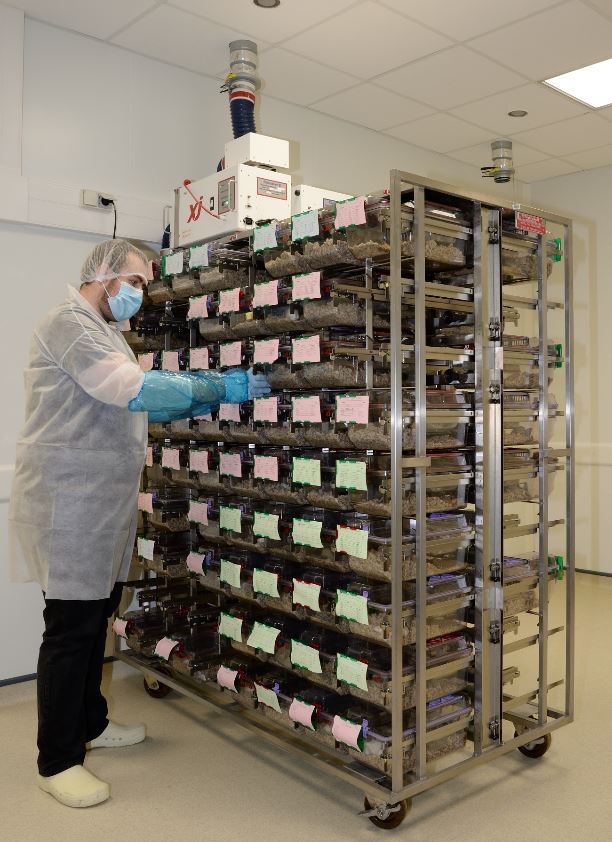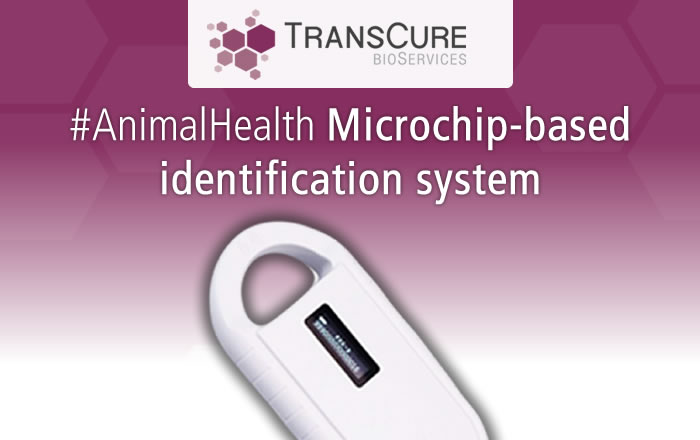How TransCure improves data quality and animal welfare with a microchip-based identification system
 At TransCure bioServices, we are constantly looking for cutting-edge technologies to help us deliver the highest quality services for our clients. Over the last few months, our growing business has boosted the number of mice in house. This made it essential for us to adapt our new identification method, replacing the traditional tattoos with a microchip-based system.
At TransCure bioServices, we are constantly looking for cutting-edge technologies to help us deliver the highest quality services for our clients. Over the last few months, our growing business has boosted the number of mice in house. This made it essential for us to adapt our new identification method, replacing the traditional tattoos with a microchip-based system.
These microchips are delivered ready to use and only require a subcutaneous injection. Upon arrival, each mouse is now implanted with a microchip containing an unforgeable digital code linked to our intuitive animal research software. This unique ID number follows the mouse throughout the full humanization process and the client study. It is now even easier for our personnel to identify a mouse, deliver proper dosing, or to record clinical symptoms.
The microchip is scanned with a digital reader, which reduces the number of times and duration of an animal being handling. According to our Chief Scientific Officer Dr. Sébastien Tabruyn, it is a huge improvement regarding data quality:
“Animal manipulation and immobilization induce stress known to influence both the behavior and the physiology of the mouse. Repeated animal handling is frequently associated with inconsistencies in the results of in vivo pharmacology studies”.

Our Veterinary Chief Officer, Dr. Antoine Poskin, has supported the initiative and sees in this evolution a clear statement of our company policy:
“At TransCure, we truly care about animal wellbeing and we want it to drive the service that we deliver. Compared with the painful tattoo method, microchip injection is unarguably a welfare improvement. It is a compelling process and a true accomplishment towards our AAALAC accreditation”.

